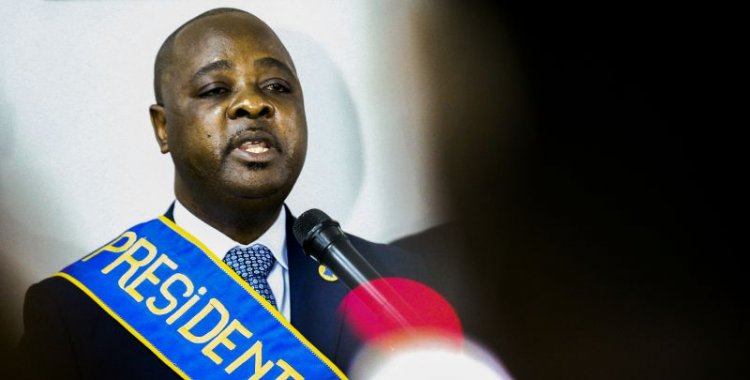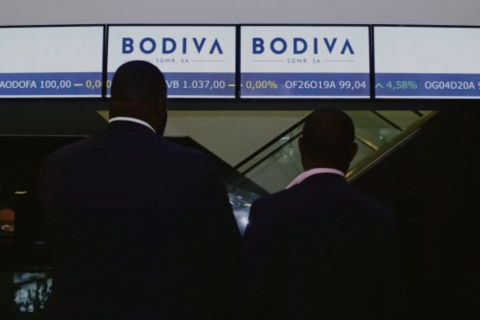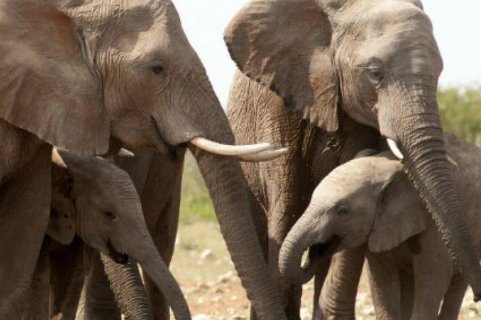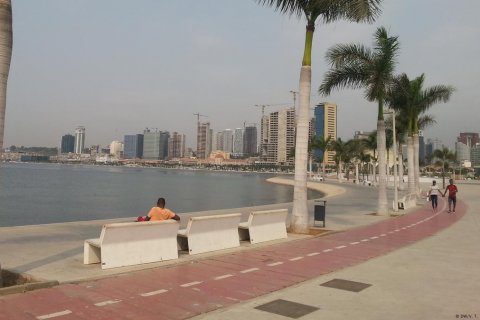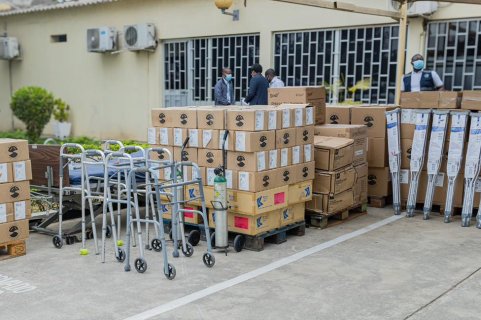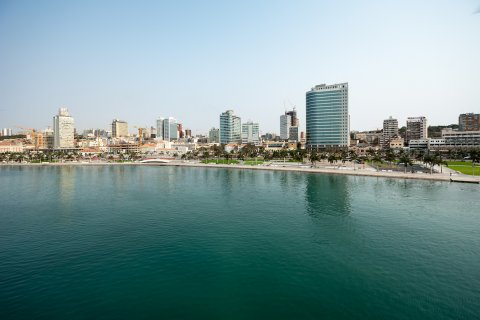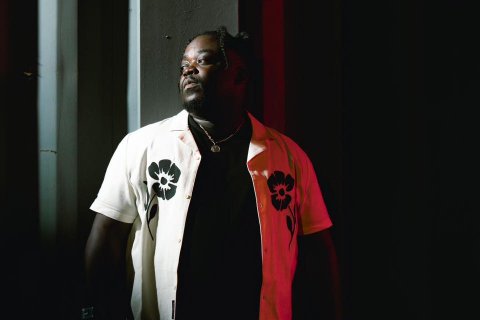Manuel Fernandes, who on Friday took on the leadership of the second largest political force in the opposition, when asked how he viewed a possible return of the one who was the first leader of the coalition, for the Democratic Bloc, said that for now he is concerned about doing his job.
"We are concerned with our work and we took on this leadership with a vocation, as we said, of power. I think this is a situation that has not been brought and analyzed now, if that question is put on the table, in due course, it will be analyzed," he said.
According to the CASA-CE leader, the issue has already been addressed once at the level of the presidential college "and the response of the Democratic Bloc is that, in fact, there was this conversation, but that the final decision will be at the congress of the Democratic Bloc."
"We do not interfere in the internal affairs of the political parties, there is total sovereignty, but until now the Bloco Democrático has been showing that it is to continue with CASA-CE, to continue together, but CASA-CE has its course, it counts on everyone and for this reason we are concerned with our work and we are not concerned with individual agendas", he stressed.
Abel Chivukuvuku, who has been fighting in court since 2019 to legalize his new political project, was the first leader of CASA-CE, a coalition created in the same year of the 2012 general elections, until February 2019, and is at this time negotiating with several parties to realize his desire to participate in the political life of the country, one of them the Democratic Bloc.
Asked to comment also on the debate, which in recent days has dominated the national political agenda, about a candidacy, with dual nationality, for the Presidency of the Republic, Manuel Fernandes said that CASA-CE has always argued that such "is not possible."
"It should not be acceptable for a President of the Republic to have a dual homeland, because he will be thinking about both countries. He is President of the Republic here, because he is Angolan, and when he is in another country he will be there in the robes of a citizen, no!" he said.
According to Manuel Fernandes, accepting dual nationality for a President of the Republic "removes the weight of what Angolanness is."
"We have to have a President who is Angolan, with a single nationality, to avoid that the President has two hearts (...), we do not agree," he stressed.
This issue has been the subject of debate in Angolan society since a reference in a statement by the Political Bureau of the Popular Movement for the Liberation of Angola (MPLA), the ruling party, which considers Adalberto Costa Júnior, leader of the National Union for the Total Independence of Angola (UNITA), the largest opposition party, to be a "foreigner.
"We want an Angola where voters are not surprised by unscrupulous political leaders, who after all are foreign citizens and therefore execute a political agenda contrary to the interests of Angola and Angolans," the statement said.
Adalberto da Costa Júnior renounced, in 2019, his Portuguese nationality in order to present himself as head of UNITA's list for the 2022 general elections, in Angola, should he be elected President of his party, which he was.

